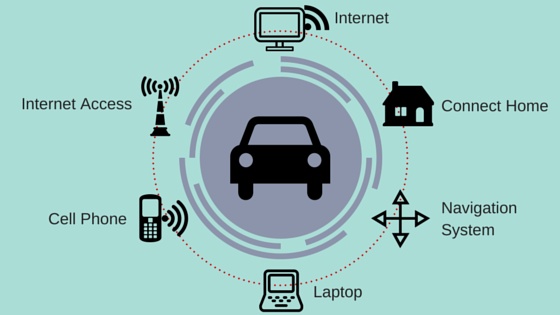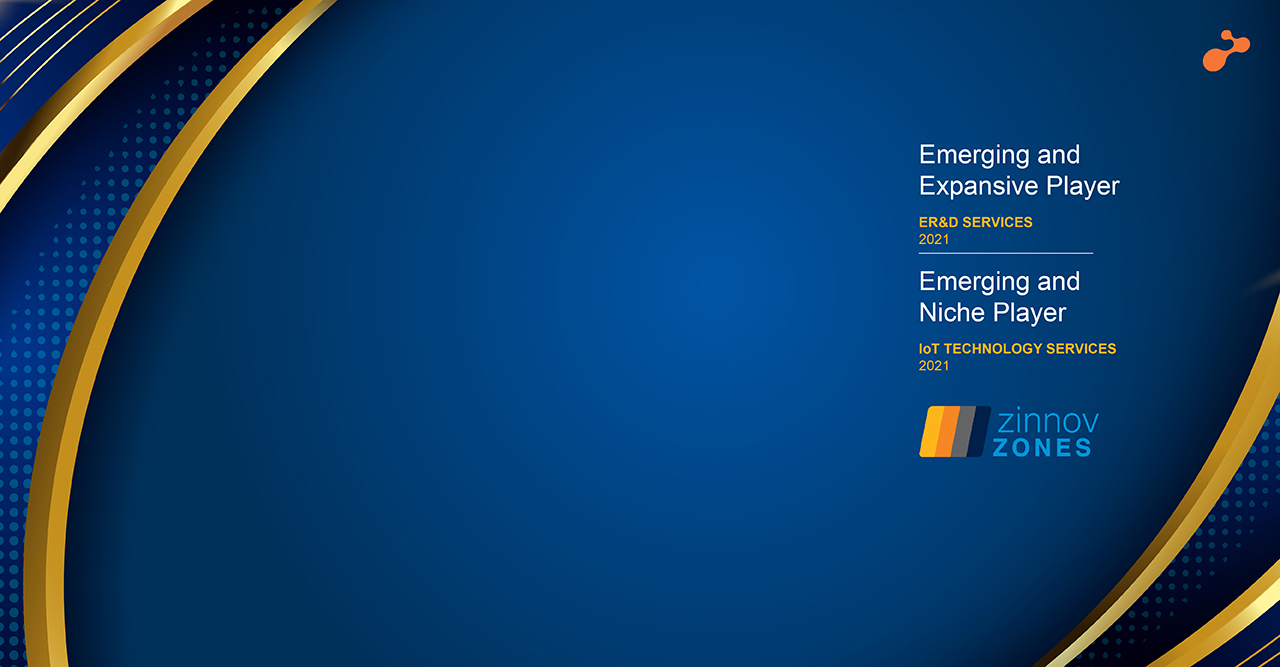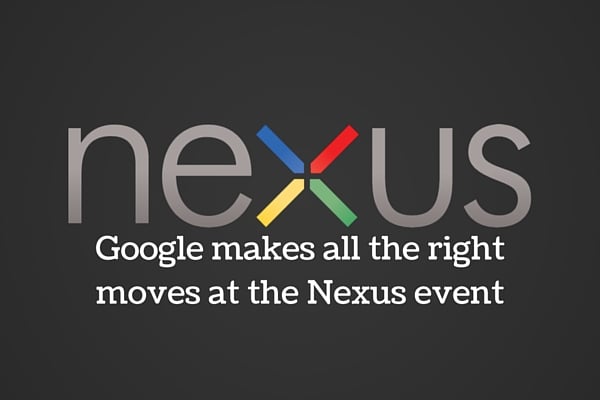It is an exciting time for the automobile industry. While the industry had been relatively passive for a long time, the industry is seeing a lot of digital transformation from companies such as Google and Tesla with driverless cars. While that may be an experiment for the distant future, more near-term opportunities are being created by Internet of Things (IoT) powered connected cars.

Connected cars are cars that are connected with the internet and a wireless LAN. This allows the vehicle to communicate with other devices. Early last year, technology major Google formed the Open Automotive Alliance (OAA), an alliance of automobile and technology companies, to bring the Android platforms to connected cars. The alliance has big names such as Audi, Honda, Hyundai and GM.
Undoubtedly, the rise of mobile devices and app ecosystems is boosting the growth of connected cars. Apps can allow a number of functionalities to its users. Moreover, the two smartphone biggies Apple and Google have thrown in the hat with their own systems CarPlay and Android Auto respectively.
Connected cars offer a number of exciting possibilities in the coming future:
- Security – Perhaps the most significant benefit of smart cars. Connected cars will be able to send automatic crash alerts to the nearest medical facility, law authorities and auto stations enabling quick action towards the incident. Vehicle-to-vehicle communication will reduce the possibilities of accidents. Users will be able to identify the location of the car in case of any unforeseen circumstances. Authorities will be able to get real-time notifications will be able to enforce the laws better.
- More Functional Apps – While car apps do exist even now, it has not found widespread adoption. With connected cars, companion apps will offer advanced functionalities to car owners. Remote unlocking, activating climate control, cruise control, parking apps, car service reminders – tons of possibilities will take birth with these apps.
- Traffic Optimization – Using the data collected from connected cars, municipal authorities will be able to manage and optimize routes reducing congestion on the road.
- Green Solution – Connected cars will be able to optimize themselves for the best fuel mileage. This will result in significant savings. These cars will also produce less carbon dioxide emissions.
- Entertainment – The connected car will open up limitless entertainment options for users. Video and audio streaming, social notifications, geo-location for nearby areas – lot of entertainment options will be available for users.
While the advantages are indeed immense, there are a few roadblocks for connected cars:
- Safety - The biggest issue with the connected cars will be safety. ‘How much can you safely automate’ will be the biggest question in the minds of the stakeholders. Car makers need to adhere to minimum safety standards which might slow down the growth of connected cars and related innovation.
- Longer lifecycle – While technology platforms and smartphones evolve quickly, cars have a much longer lifestyle. The car manufacturers will have to respond quickly to the newer technologies, which is difficult in a somewhat slow moving industry.
- Business Model Change – Smart cars will require a different kind of sales approach. Sales people will have to be more technically inclined for the cars to be successful.
- Costs – With automobile technology, nothing comes cheap. Will the companies be able to bring in cost-effective tools of connectivity? Moreover, who will bear those costs? The consumer, auto manufacturer or the mobile service company? These questions will have to be answered.
Even though there are a few areas of concern, there is no doubt that connected cars will indeed be the future. Connectivity will dramatically transform the automotive market. The big battle ahead will be the cars which offer better connectivity platforms. Manufacturers know this and are already fostering partnerships with leading technology players. Combining traditional car features such as performance, power and style with the latest connectivity technologies will be the biggest challenge for car makers in the future.


%20V5-05.jpg)





